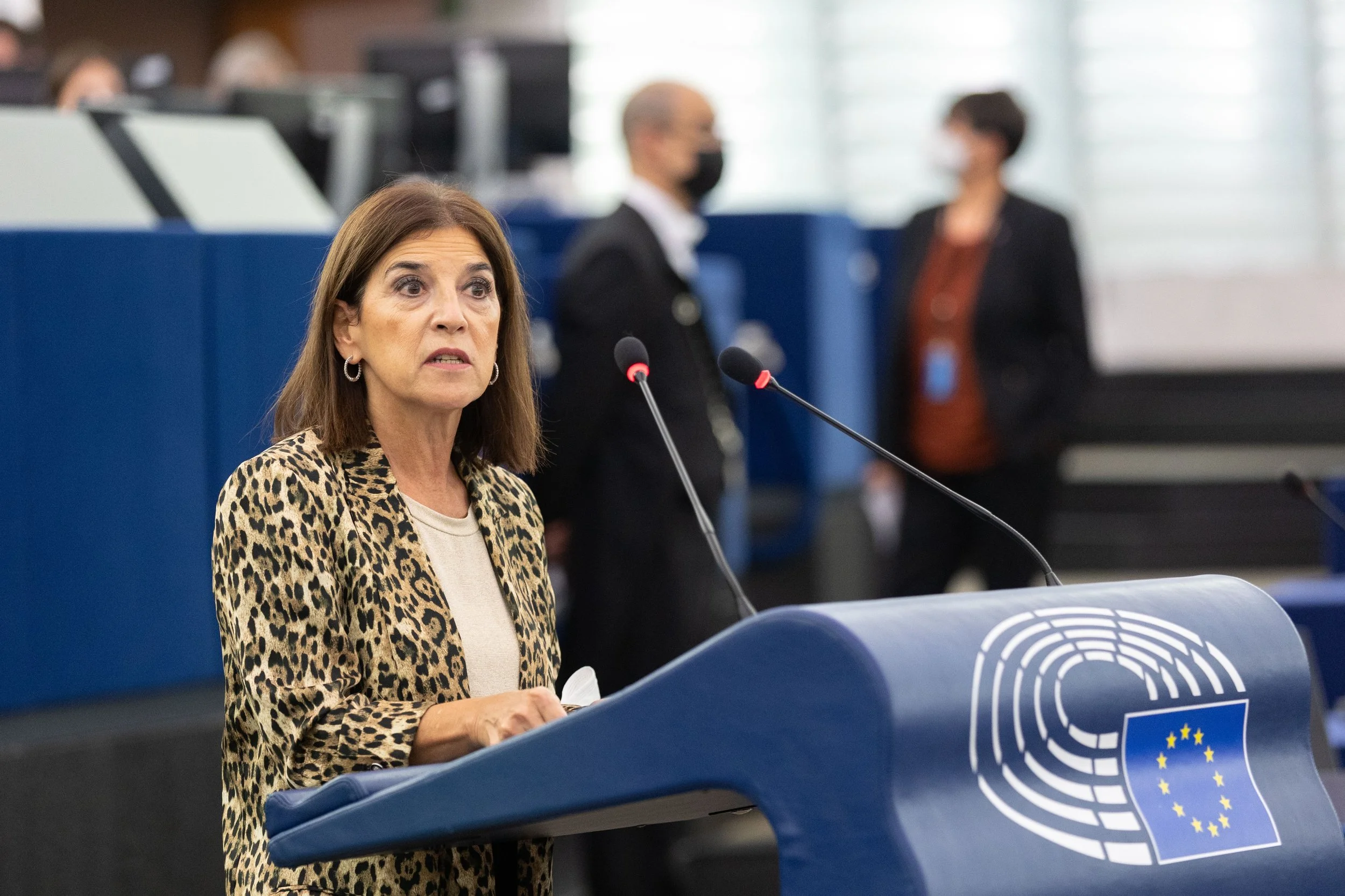On 11 October, the European Parliament's Committee on Fisheries (PECH) examined the protocol for the implementation of the Fisheries Partnership Agreement between the Gabonese Republic and the European Community (2021 - 2026).
This new protocol, which was signed and entered into provisional application on 29 June 2021, replaces a protocol concluded in April 2007 which expired in 2016.
The Fisheries Committee has already had a first discussion on this protocol on 16 June. During this October session, MEPs asked for more information on the management of funds dedicated to sectoral support, they also raised questions on the future of artisanal fisheries in Gabon and also on the protection of marine ecosystems.
Izaskun Bilbao Barandica, in her capacity as rapporteur, presented the broad outlines of the protocol: 27 tuna seiners, 6 pole-and-line tuna vessels and 4 trawlers will be authorised to fish in Gabonese waters, and the financial contribution amounts to 2.6 million euros: 1.6 million euros in return for access to fisheries resources and 1 million euros to support the development of Gabon's strategic fishing plan.
The rapporteur listed a number of recommendations that should enable the protocol to be applied effectively. Firstly, she called for more transparency regarding sectoral support: “The Commission should publish the plans and objectives achieved in the sectoral support of agreements with third countries” and also called for an additional effort to take into account women in Gabonese fisheries through this support. Other activities of the sector support should be the improvement of governance by strengthening the monitoring, control and surveillance of vessels fishing in Gabonese waters. She concluded this intervention by recalling the importance of supporting and strengthening artisanal fisheries.
Doubts about sustainability
Caroline Roose, shadow rapporteur for the GVPE, said she was disappointed with this new text linked to the “second most important tuna agreement in the EU,” and disagreed with the introduction of four trawlers for exploratory fishing for deep-water shrimp, recalling the risks associated with this practice, particularly in relation to by-catches. It considered that this access is not in line with the Common Fisheries Policy (CFP), “in a country where many stocks are overexploited and where data is lacking.”
On the other hand, the MEP criticised the lack of socio-economic benefits for Gabon, as the tuna caught will not be landed in that country but rather in other countries in the region, Europe or Asia. Ms Roose concluded that the current protocol seems to go “against the principle of policy coherence for development.”
The representative of the European Commission, Mr Emmanuel Berck, responded to the questions raised by Ms Roose by announcing a series of actions such as the financing of several artisanal fishing centres with women and young people. He also spoke about improving data collection and monitoring to strengthen control and a plan to fund the protection of marine ecosystems. On exploratory fishing, Mr Berck defended the introduction of the 4 trawlers, explaining that they are intended to “test the feasibility of deep-sea shrimp fishing,” in order to decide whether it can become commercial “while respecting the precautions that go with it.”
Banner photo: façade of the European Parliament, by Guillaume Périgois/(nsplash.












Taking the example of the Mauritius law and looking at the general principles in international law, Pieter van Welzen looks specifically at the obligations of coastal states and their obligations to regulate their own vessels who fish in the waters of another state or in the high seas. The author also looks at cooperation between states in the monitoring of foreign vessels and finally, at how the EU can support developing coastal states in fulfilling their obligations.